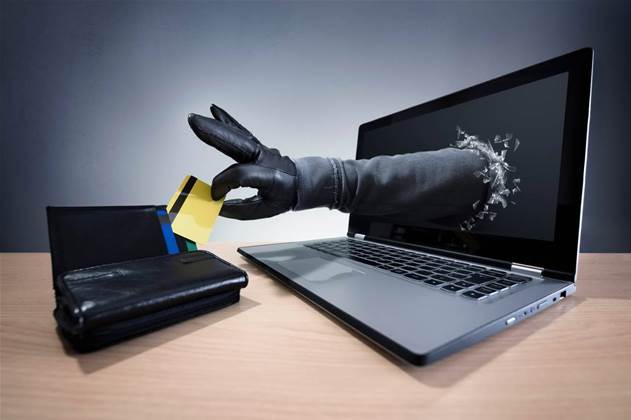The Australian consumer watchdog’s Scamwatch site has recorded a significant spike in the number of remote access scams being reported, with losses totalling $4.4 million so far this year.

The Australian Competition and Consumer Commission (ACCC) has received more than 8000 reports of scammers impersonating well-known businesses and even the police in order to gain access to victims’ computers and online banking accounts.
If every reported scam had been successful, that averages out to $550 per victim. ACCC deputy chair Delia Rickard said this year’s losses have already surpassed those for the whole of 2017.
The warning comes after the release of online payment fraud figures showed the other scams like payment fraud cost Australians almost half a billion dollars last year.
“The scammers are becoming more sophisticated. The old trick scammers used to use was to call people and say there was a virus on their computer that needed fixing but, in a new twist, scammers are now telling people they need their help to catch hackers,” Rickard said.
She said the con-artists often claim to be representatives from the likes of Telstra, NBNco, or Microsoft who are tracking down fictitious hackers or scammers and need access to a victim’s computer via software such as TeamViewer.
Often they tell consumers their own computer has been compromised and is being used to send fraudulent messages.
With the victim’s help, they claim, they can use their computer and online banking to trap the non-existent scammer.
The ACCC said the real scammer will then pretend to deposit money into a victim’s account, while actually just shuffling funds between the victim’s own accounts to give the illusion of money being deposited.
The victim’s money is then sent out in a ruse that pretends to bait the hook to catch the fictitious scammer. But in reality, it’s just going straight into the real scammer's own account.
“Unfortunately there are many stories from people who give a scammer access to their computer and are then conned into giving access to online banking,” said Rickard.
“Some are also tricked into providing iTunes gift card numbers over the phone to these scammers.”
She said criminals can often become threatening if victims start to express doubt or cotton on, laying on the pressure by accusing potential victims of jeopardising an investigation by refusing to help.
“It’s vital that people remember they should never, ever, give an unsolicited caller access to your computer, and under no circumstances offer your personal, credit card or online account details over the phone,” Rickard added.
“If you receive a phone call out of the blue about your computer and remote access is requested, it’s a scam 100 percent of the time. Just hang up.”



.png&h=140&w=231&c=1&s=0)
_(23).jpg&h=140&w=231&c=1&s=0)
_(28).jpg&h=140&w=231&c=1&s=0)





 Cyber Resilience Summit
Cyber Resilience Summit
 iTnews Executive Retreat - Security Leaders Edition
iTnews Executive Retreat - Security Leaders Edition
 Huntress + Eftsure Virtual Event -Fighting A New Frontier of Cyber-Fraud: How Leaders Can Work Together
Huntress + Eftsure Virtual Event -Fighting A New Frontier of Cyber-Fraud: How Leaders Can Work Together
 iTnews Cloud Covered Breakfast Summit
iTnews Cloud Covered Breakfast Summit
 Melbourne Cloud & Datacenter Convention 2026
Melbourne Cloud & Datacenter Convention 2026












_(1).jpg&h=140&w=231&c=1&s=0)



